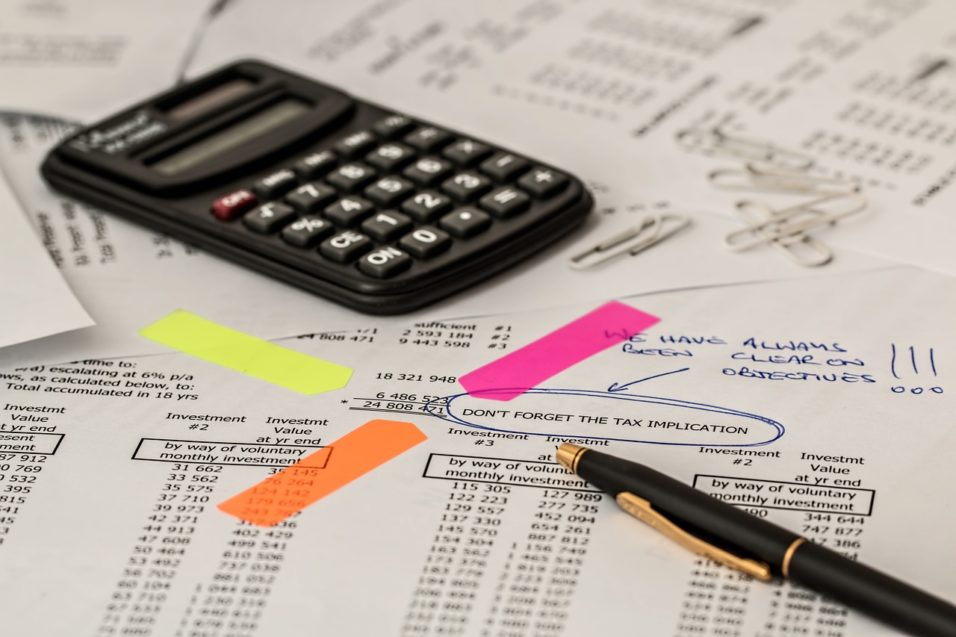Fulfilling your tax obligations is one of the most complex tasks of running a business. Unlike personal returns that are completed by filling a few forms once a year, a lot of things are involved when it comes to preparing and filing business taxes. It can even be more difficult if you are doing it for the first time. In this post, you will learn everything you need to know about types of business taxes and when to file your returns.
Types of Business Taxes
 Ideally, taxes can be classified into three major groups. These include state taxes, local taxes, and federal taxes. The federal taxes are those that you pay to IRS. In fact, they make up a large portion of your tax burden. As for local and state taxes, these vary from one state to another. Therefore, your responsibility is dependent on where your business is located. To file taxes you need to have EIN number. You can learn more about what is an EIN number and how it is important to your business. Remember that taxes will be unique to your business based on location. Therefore, it is a good idea to consult your local tax agencies for more information regarding your tax obligations.
Ideally, taxes can be classified into three major groups. These include state taxes, local taxes, and federal taxes. The federal taxes are those that you pay to IRS. In fact, they make up a large portion of your tax burden. As for local and state taxes, these vary from one state to another. Therefore, your responsibility is dependent on where your business is located. To file taxes you need to have EIN number. You can learn more about what is an EIN number and how it is important to your business. Remember that taxes will be unique to your business based on location. Therefore, it is a good idea to consult your local tax agencies for more information regarding your tax obligations.
Business Tax for Sole Proprietors
Since you are running this business solo, the process of filing taxes is very simple. Rather than filing your business taxes, you can report your business income and losses on the personal income tax return. That business, your business profits will be taxed at the personal income tax rate. Moreover, you will be responsible for paying self-employment taxes and cover your social security and Medicare obligations.
Business Taxes for Partnerships
A partnership is a type of business that is operated by at least two owners. Ideally, most partnerships are called general partnerships, but there are also limited partnerships or limited liability partnerships. If you are part of the partnership, you are required to pay income taxes, quarterly estimated taxes, and self-employment taxes. If you are operating a partnership, you are required to file Form 1065. This is an annual information return that shows your income, gains, losses, and deductions from business operations. However, the business itself will not pay taxes. Rather business owners are the ones who are taxed.
Business Taxes for Corporations
If you are running a corporation, you have to understand that it is separate from you as the owner. Therefore, corporations are subject to what is called double taxation. First, corporations are subject to a flat income tax rate. Also, shareholders are taxed on personal tax returns when the profits are shared as dividends.

